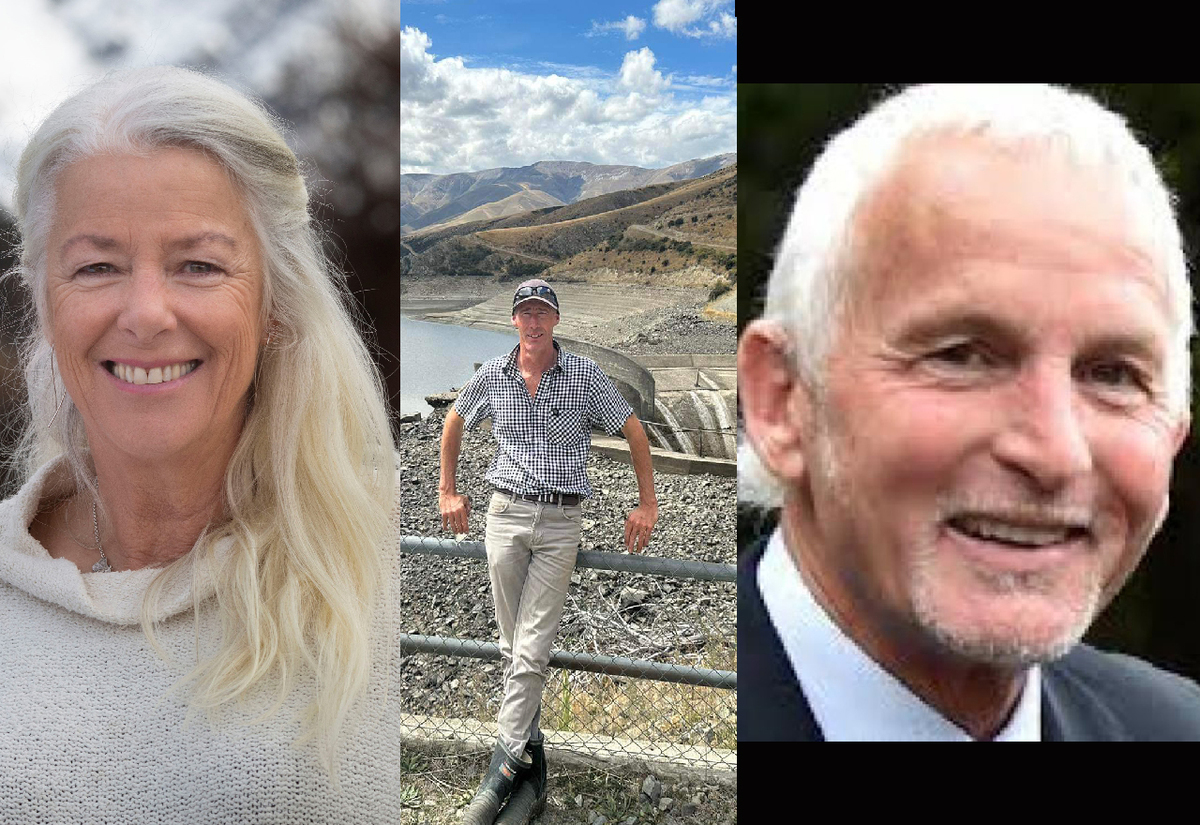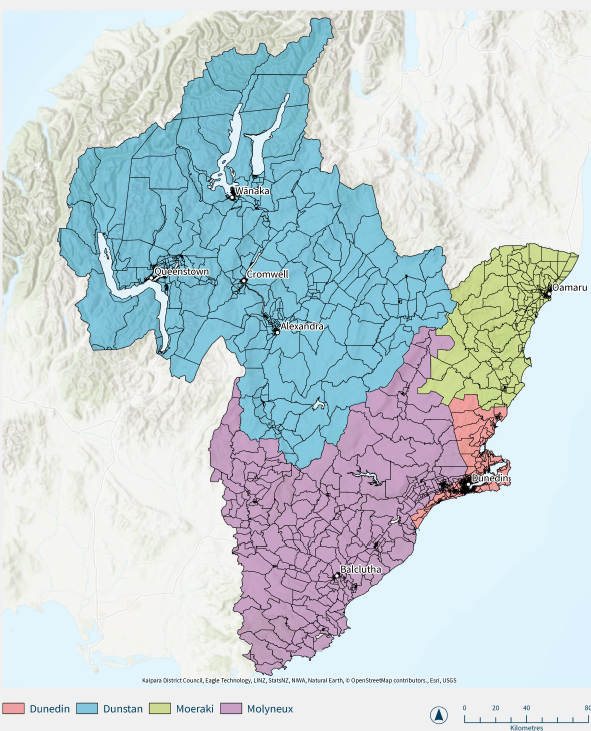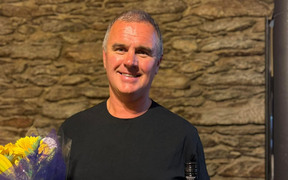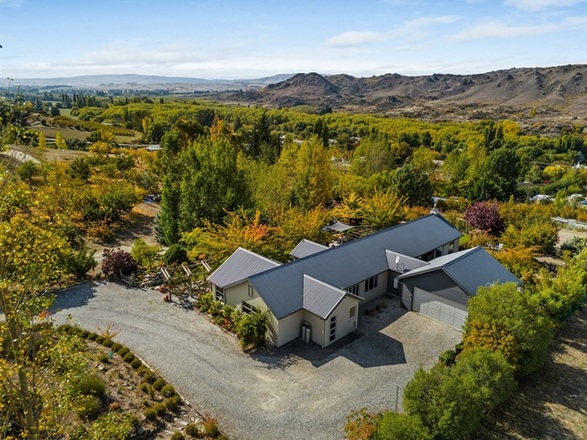Dunstan gains extra seat on ORC
Shannon Thomson
03 April 2025, 4:45 PM
 Otago Regional Council Dunstan ward representatives (from left) Alexa Forbes, Gary Kelliher and Michael Laws. The ward will have four councillors after the local elections in October.
Otago Regional Council Dunstan ward representatives (from left) Alexa Forbes, Gary Kelliher and Michael Laws. The ward will have four councillors after the local elections in October.Dunedin’s loss is Central Otago’s gain.
The Local Government Commission has awarded the Dunstan Ward an additional seat on the Otago Regional Council, with the Dunedin constituency losing one.
The move will see the Dunstan Ward - which incorporates Central Otago and Queenstown Lakes districts - increase from three to four regional councillors, and the Dunedin City Council drop to five.
Under its representation review In October, the regional council unanimously voted for the changes, causing the Dunedin City Council to appeal.
The Queenstown Lake District Council also appealed, seeking creation of a fifth “Upper Lakes” constituency for Queenstown Lakes and Cromwell.
Queenstown Lake mayor Glynn Lewers said the constituency hadn’t changed “since last century” (2018), and yet was in the midst of rapid population growth that would continue for the next 20 years.
A new constituency, alongside Dunstan, would mean Cromwell would break away and form with Wanaka and Queenstown, with three of its own new elected representatives.
However the Commission disagreed, setting aside the appeals and retaining the status quo of a total 12 councillors over four wards.
In its decision, released on Wednesday, the Commission said starting from the next triennial general election of the Otago Regional Council the representation arrangements would be five councillors for Dunedin, four for Dunstan, two for Molyneux and one for Moeraki.
The Molyneux and Moeraki constituencies remain unchanged.

The Otago Regional Council remains with four constituencies. IMAGE: SUPPLIED
The Commission acknowledged the population growth in the Dunstan constituency, specifically in Queenstown-Lakes District.
However it had “qualms” about whether having an “Upper Lakes” constituency meant the residual Dunstan Constituency would receive more effective representation through electing one member compared to the current four members.
ORC chair Gretchen Robertson said the determination provided certainty for communities.
“ORC’s focus remains on ensuring good representation right across Otago to ensure all communities, rural and urban, are fairly represented,” she said.
“Growth in the Dunstan region (Queenstown Lakes and Dunstan districts) has brought both significant opportunities and challenges, highlighting the need for focused attention and additional representation”.
While the review legislation focused on population statistics to allocate councillors to areas, it also ensured fair representation for distinct ‘'communities of interest’’.
Rural Otago and smaller centres made up most of the region and were central to the work of the ORC, Gretchen said.
“Urban and rural areas have different priorities and challenges, so it’s essential for the ORC to maintain adequate rural representation. Achieving this balance without increasing the current total of 12 councillors allows the council to retain an effective size for collective decision-making.”
“The outcome is positive,’’ she said.
Have a story to share?
Contact [email protected]




